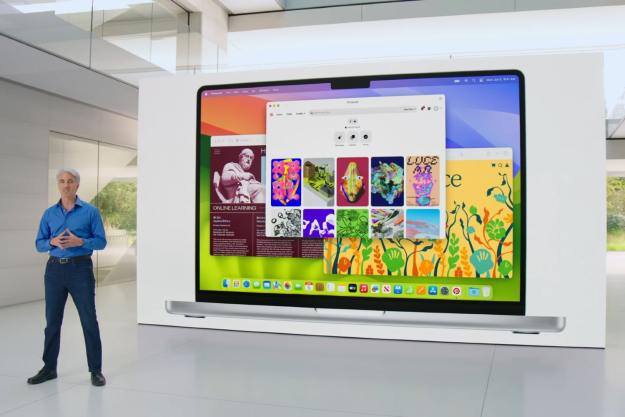It’s a long-held belief that Macs are less at risk of malware and viruses than Windows PCs, but how true is that? Well, a new report has shed some light on the situation — and the results might surprise you.
According to threat research firm Elastic Security Labs, roughly 39% of all malware infections happen on Windows PCs. In good news for Apple fans, only 6% of breaches occurred on macOS, making Mac systems far less vulnerable than their Windows counterparts.

Yet Linux infections topped both Windows and macOS, counting for 54% of all infections. That large number is explained by the increasing usage of cloud devices that use Linux as their operating system. Many of these devices are poorly secured, making them tempting targets for bad actors wishing to gain access to a company’s internal systems.
Trojans were by far the most popular category of malware, with 80.5% of infections being made using this technique. Trailing far behind were cryptocurrency miners (11.3%) and ransomware (3.7%). Most trojan infections happened on Windows PCs, with Cobalt Strike prevailing as the trojan of choice for malware authors with a 34.5% share of infections.
Macs are vulnerable too

While the report suggests that macOS is apparently a low priority for hackers and malware developers, it’s not all good news for users of Apple’s systems. Elastic Security Labs notes that nefarious use of the XMRig cryptocurrency miner “exploded” on macOS and that this kind of attack could become an “increasingly popular” way of targeting Mac users.
By far the most prevalent malware detection on macOS was MacKeeper, an app that has been designated as a “potentially unwanted program” by many antivirus apps due to the wide range of potentially exploitable permissions and access to macOS processes it obtains.
It’s well worth downloading the full report to see the complete list of findings unearthed by Elastic Security Labs. With the strong prevalence of trojans on all systems, it’s important you know how to secure your computer and protect yourself from attack. Sure, macOS is less at risk than Windows, but it only takes one careless mistake to get infected, no matter what you’re using.
Editors' Recommendations
- Does your Mac need antivirus software in 2024? We asked the experts
- How to choose between a MacBook and a Windows laptop
- After decades of Windows loyalty, I’m switching to Mac
- All the best macOS Sonoma tips and tricks you need to know
- I love Macs. But here are 5 reasons I keep coming back to Windows



